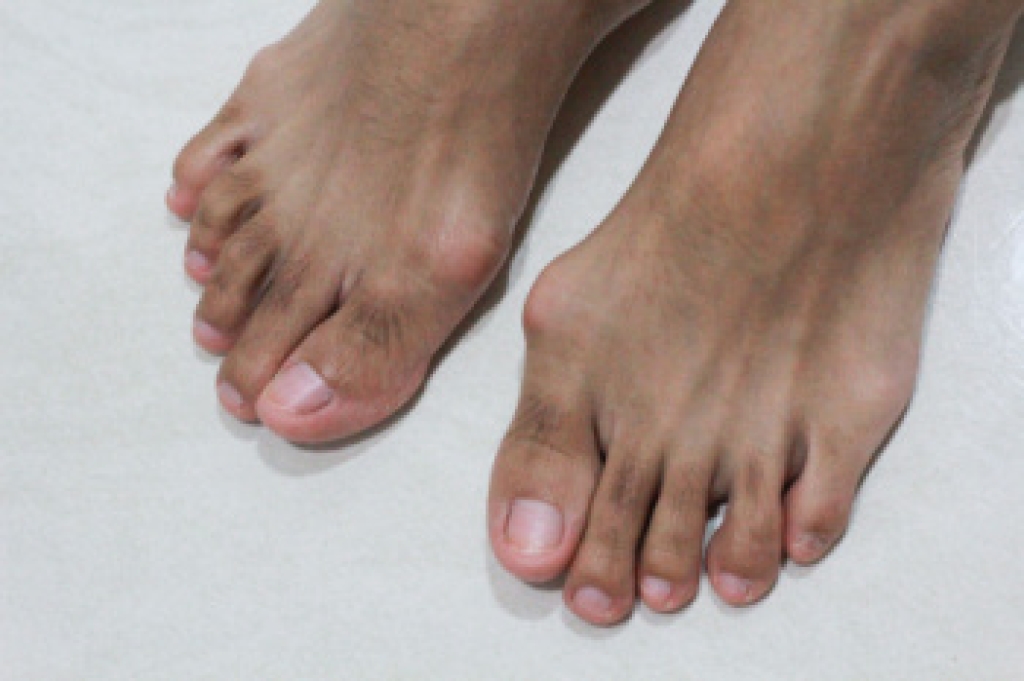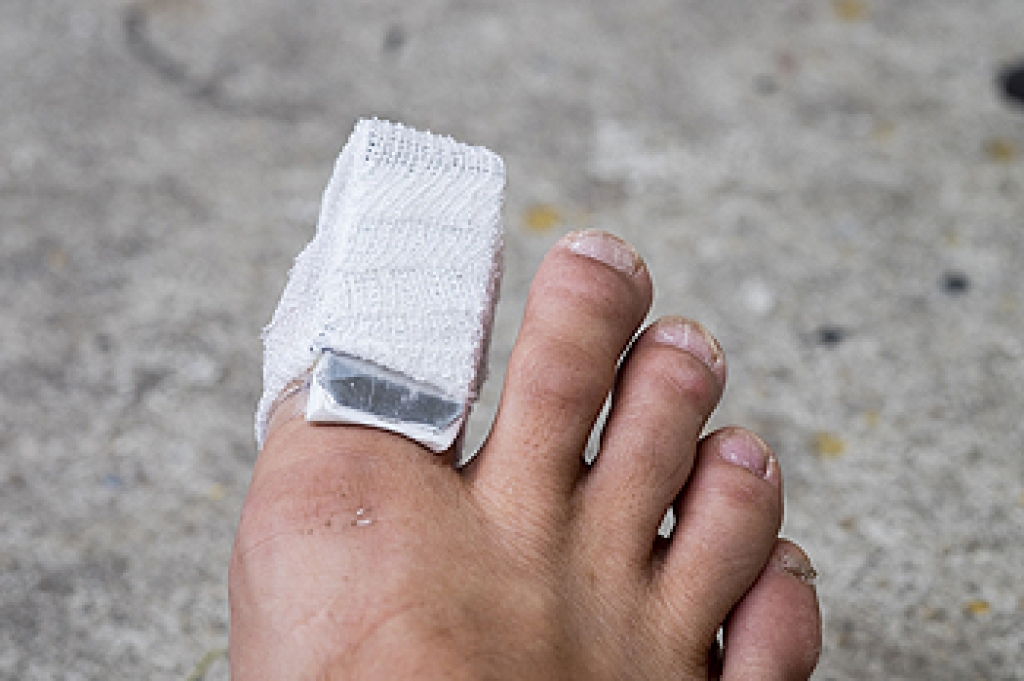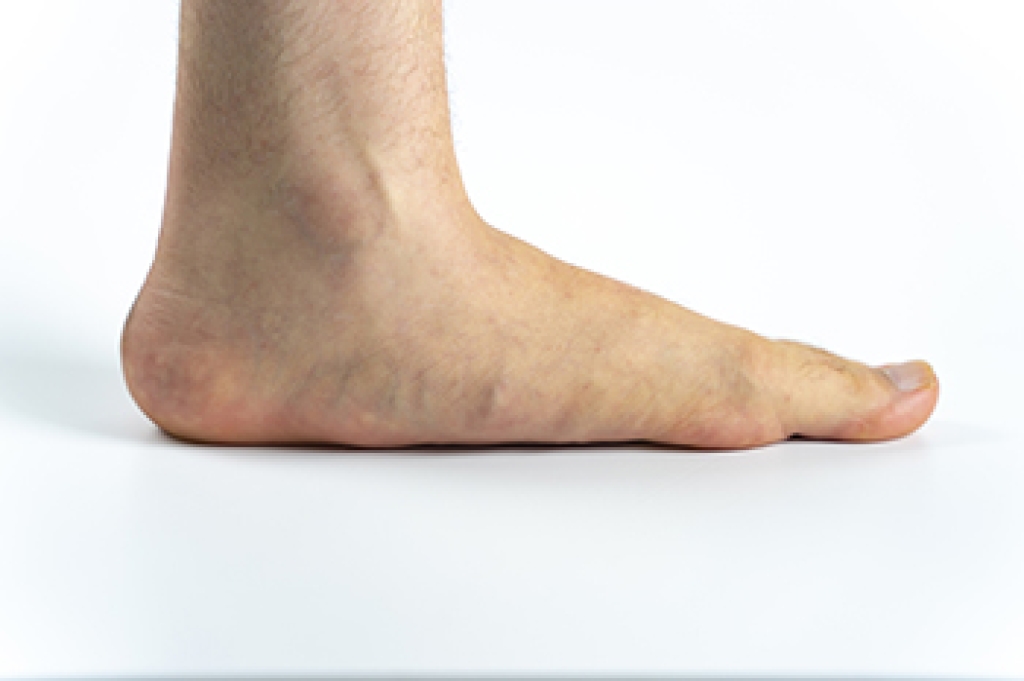
Bunions are a progressive deformity of the joint at the base of the big toe, where the bone shifts outward and the toe angles inward. They often appear as a noticeable bump that may look swollen or red and feel tender, especially in tight shoes. Pain can range from a dull ache to sharp discomfort with walking. Even after treatment, bunions may come back for several reasons. Genetics, continued use of narrow footwear, abnormal foot mechanics, arthritis, and incomplete correction of the deformity can contribute to recurrence. Over time, the joint may again become enlarged and irritated. A podiatrist begins with a thorough evaluation, including examination and imaging, to understand the structure of the foot and the severity of the deformity. Treatment may include custom orthotics, footwear modification, or targeted exercises to support alignment. Anti-inflammatory care or surgical revision may be recommended when necessary. If you have recurring bunion pain, it is suggested that you make an appointment with a podiatrist.
If you are suffering from bunions, contact one of our podiatrists of Palm Beach Foot & Ankle. Our doctors can provide the care you need to keep you pain-free and on your feet.
What Is a Bunion?
A bunion is formed of swollen tissue or an enlargement of boney growth, usually located at the base joint of the toe that connects to the foot. The swelling occurs due to the bones in the big toe shifting inward, which impacts the other toes of the foot. This causes the area around the base of the big toe to become inflamed and painful.
Why Do Bunions Form?
Genetics – Susceptibility to bunions are often hereditary
Stress on the feet – Poorly fitted and uncomfortable footwear that places stress on feet, such as heels, can worsen existing bunions
How Are Bunions Diagnosed?
Podiatrists often perform two tests – blood tests and x-rays – when trying to diagnose bunions, especially in the early stages of development. Blood tests help determine if the foot pain is being caused by something else, such as arthritis, while x-rays provide a clear picture of your bone structure to your provider.
How Are Bunions Treated?
- Refrain from wearing heels or similar shoes that cause discomfort
- Select wider shoes that can provide more comfort and reduce pain
- Anti-inflammatory and pain management drugs
- Orthotics or foot inserts
- Surgery
If you have any questions, please feel free to contact our offices located in Boynton Beach, Palm Beach Gardens, and West Palm Beach, FL . We offer the newest diagnostic and treatment technologies for all your foot care needs.




